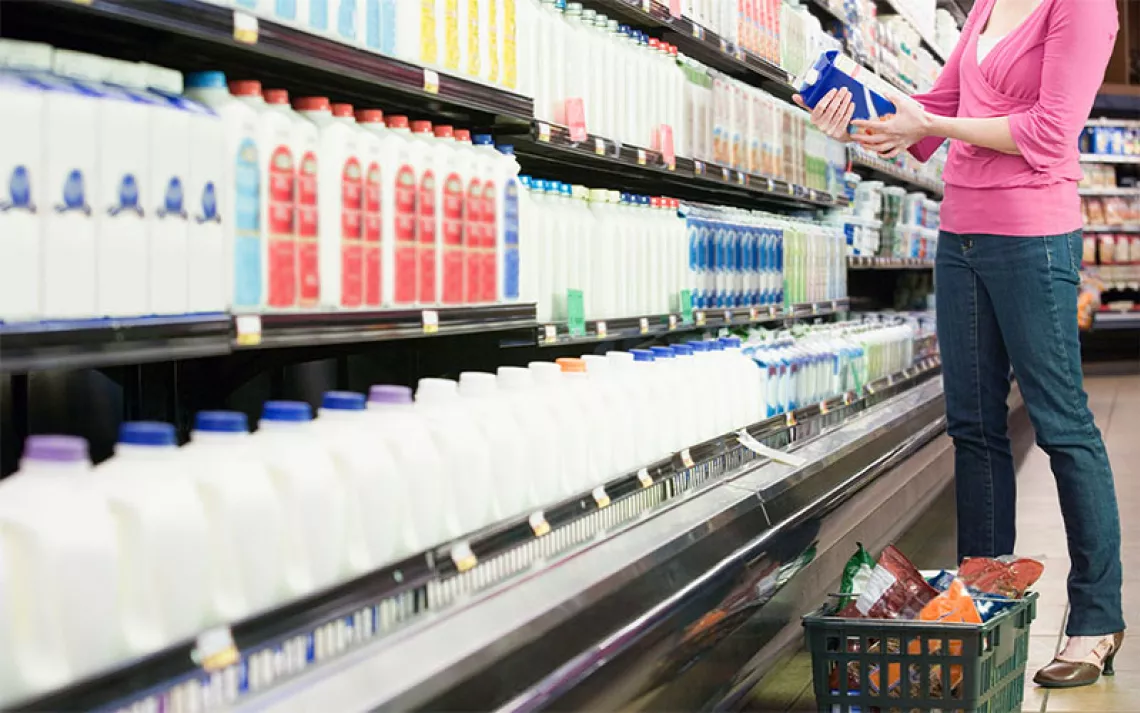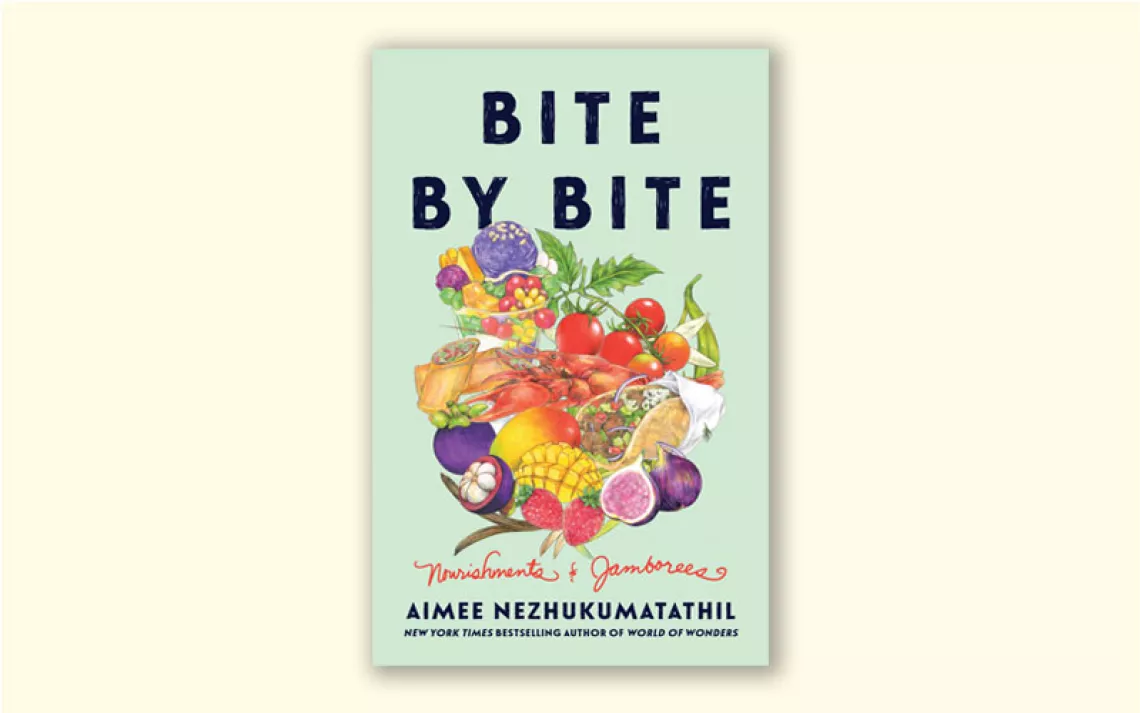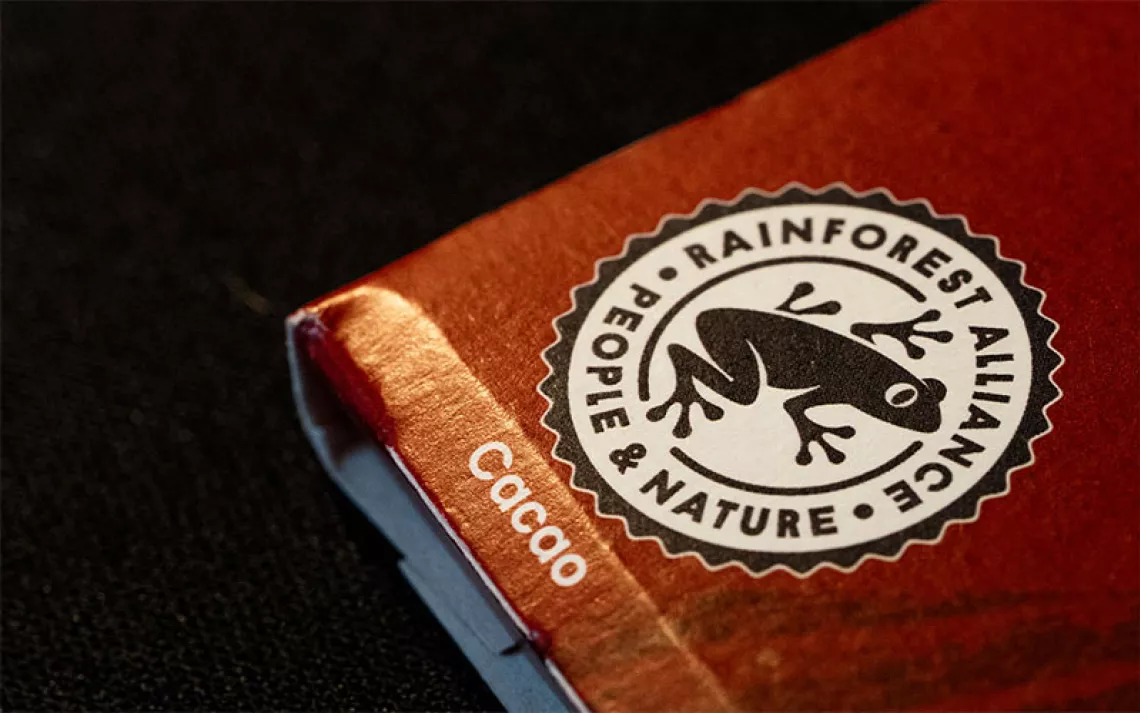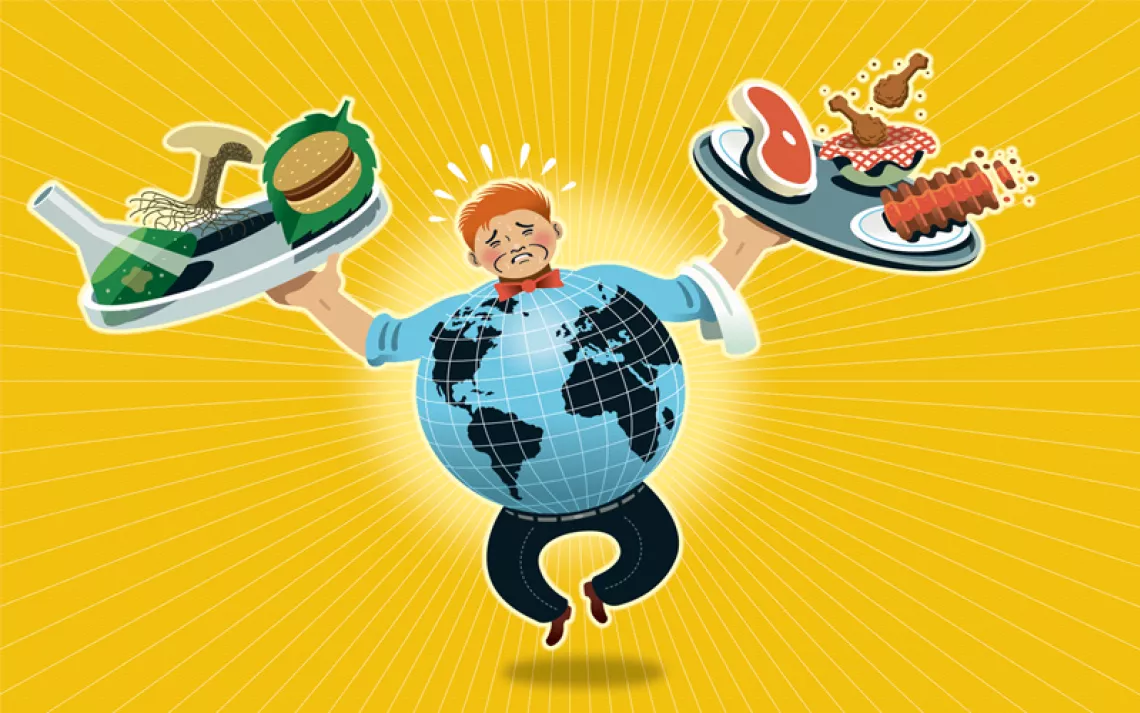Bananas
In the future, will bananas solve all our problems?

SHADY BREW Arabica coffee is the world's tastiest, which is why it's the kind sold in most coffee shops and grocery stores. But arabica is also sensitive to heat, growing best in tropical regions above 4,500 feet. As global warming has set temperatures to percolate, arabica yields have shrunk dramatically, and some researchers predict that gourmet coffee will be a scarce luxury by the end of the century. Help may come from another breakfast staple: the banana. A study from Uganda has found that when farmers plant coffee and bananas together, the shade from the banana trees can reduce ambient temperature by 3.6*F or more. Bananas also stabilize the soil, trap carbon, and protect against certain coffee-plant diseases (although they are too often overdosed with pesticides). Plus there's the benefit of the fruit itself, which could provide both income and breakfast for small farmers.
PEEL APPEAL Other than triggering cartoon pratfalls, banana peels have few uses. But 16-year-old Elif Bilgin, a Turkish high school student, has developed a method for making bioplastic out of them, a feat that won her the top prize ($50,000) at Google's 2013 Science Fair. Bilgin says her method is so simple "one could actually do it at home," and the result could be used for cosmetic prostheses or the insulation for electrical cables. Banana plastic is inexpensive and nontoxic, and the feedstock is easy to come by. In Thailand, Bilgin says, some 200 tons of the slippery waste are discarded every day.
YOU SAY "POTATO," I SAY "BANANA" Potatoes are the world's third most important food crop (after rice and wheat) and are eaten by more than a billion people. But, as with many other crops, potato cultivation is expected to shrink as temperatures rise. What will take up the slack? Researchers at the Consultative Group on International Agricultural Research suggest that bananas could fill the gap, providing calories and nutrients in locales where the potato no longer thrives. They may not taste as good with sour cream and chives, but bananas are nutritionally similar to potatoes and are already a staple for some 400 million people.
 The Magazine of The Sierra Club
The Magazine of The Sierra Club



